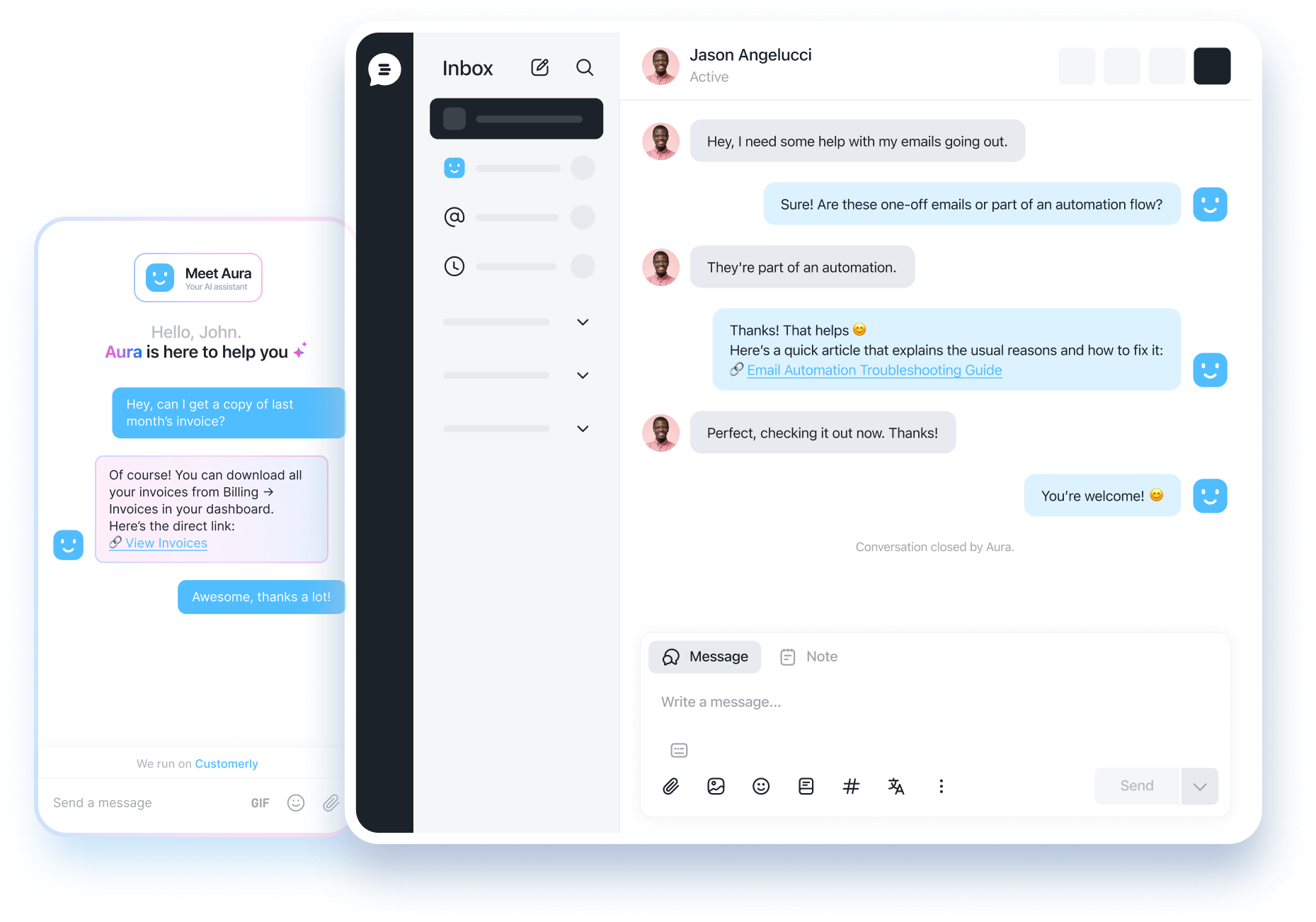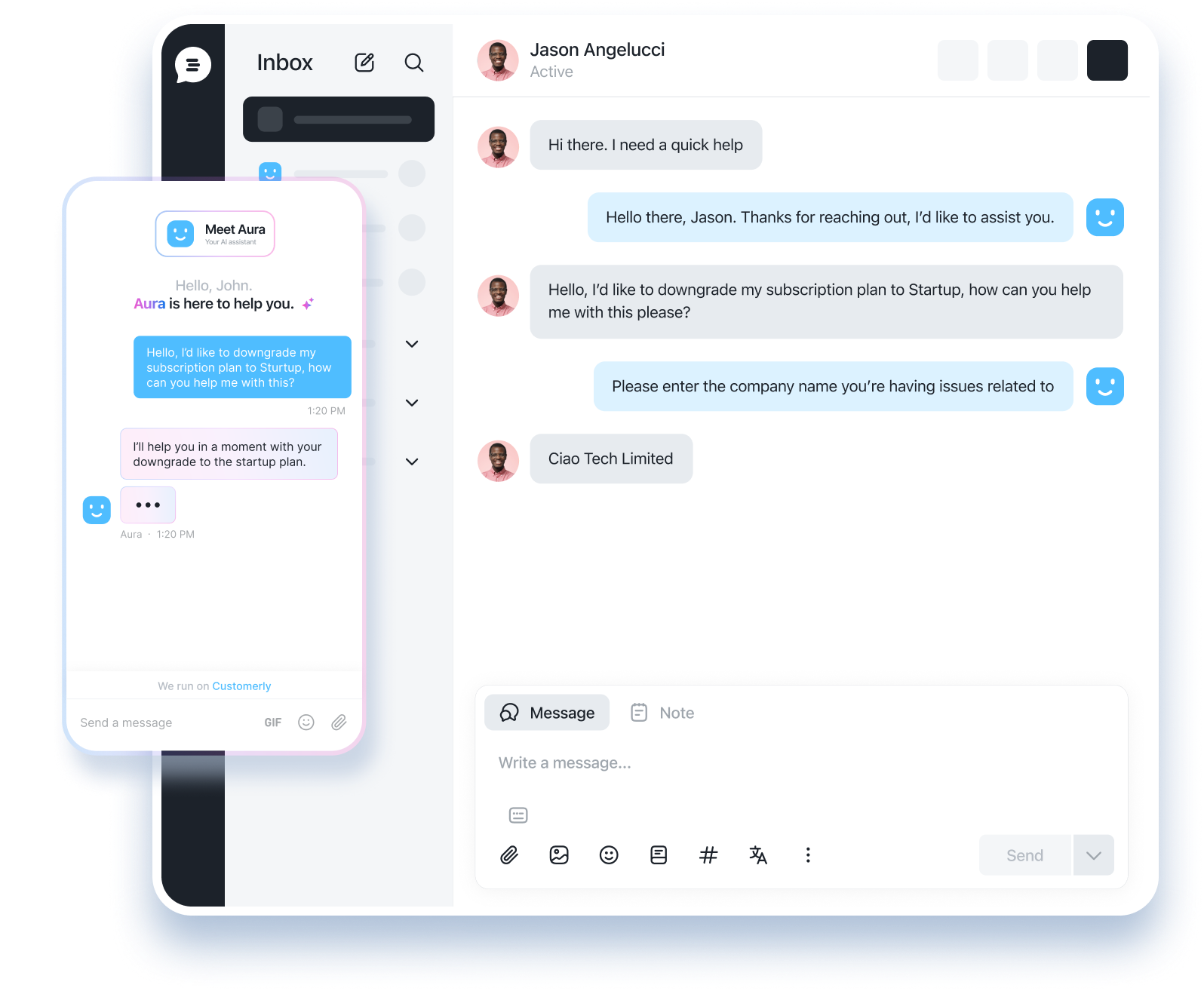

Service Design
Service Design is a process of planning and organizing a business's resources to improve the quality of services and customer satisfaction.
Definition
Service Design is a multidisciplinary approach to improve the quality of services and interactions between service providers and customers. It involves planning and organizing a business’s resources (people, props, and processes) to directly improve the employee’s experience and indirectly enhance the customer’s satisfaction.
Usage and Context
Service Design has become an essential subset of marketing, business strategy, and operations. Companies use service design techniques to understand customer needs better, create efficient service delivery processes, and enhance overall customer experience. It's applied in various sectors, including banking, healthcare, retail, and the hospitality industry.
FAQ
What is the purpose of Service Design?
The primary purpose of Service Design is to design back-end and front-end processes that meet the needs of customers and create a seamless service experience.
What is the difference between Service Design and UX Design?
While both are customer-centric, UX Design focuses on creating a seamless interaction between customers and digital products, while Service Design is about improving both digital and physical services.
Related Software
Software like Smaply, UXPressia, and Adobe XD are often used in Service Design to create personas, journey maps, and prototypes.
Benefits
Service Design brings numerous benefits such as improved service quality, increased customer satisfaction, reduced delivery costs, and enhanced efficiency in service delivery.
Conclusion
In conclusion, Service Design is a vital approach in today's competitive market, enabling businesses to meet and exceed customer expectations while optimizing their resources.

AI Support That Sets You Apart.
Start Leading Today.













